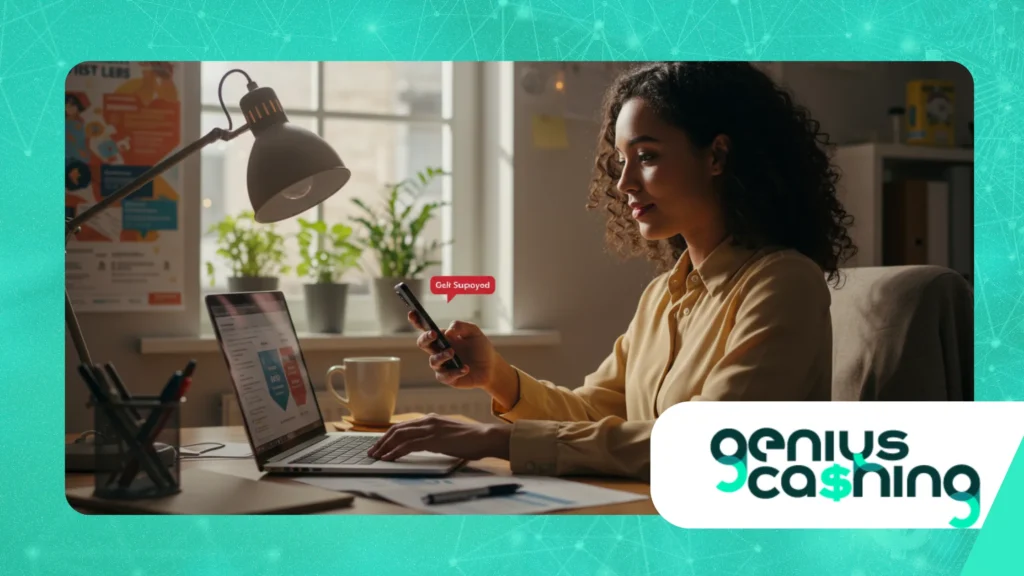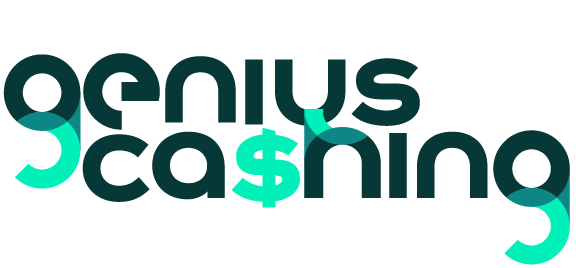Self-Employed But Supported: Government Aid That Works for You

Anúncios
Fortunately, being Self-Employed But Supported by a network of government programs is a growing reality. This article details the aid that is available to you.
The days of traditional employment benefits are changing. Governments globally are recognizing the new gig economy. They are adapting their social safety nets. Now, you can be Self-Employed But Supported by a number of initiatives.
This shift reflects a new economic reality. The freelance workforce is expanding rapidly. It is a vital part of the modern economy. Governments must support this new class of workers.
Finding the right aid can be difficult. The landscape of available benefits is complex. It varies by country and even by state or province. This guide aims to demystify being Self-Employed But Supported.
It is a misconception that freelancers are on their own. The reality is far different. With the right knowledge, you can be Self-Employed But Supported by a range of programs designed for your success.
Anúncios
This new ecosystem of support is not a handout. It’s an investment in economic resilience. A thriving self-employed sector is good for everyone. This is the core philosophy behind being Self-Employed But Supported.
Key Financial Programs for the Self-Employed
Many governments offer financial assistance to freelancers. These programs cover everything from healthcare to retirement. Navigating them is the first step.
Income tax credits are a powerful tool. They reduce the amount of tax you owe. They can make a huge difference to your bottom line. They are a core way to be Self-Employed But Supported.
For instance, the U.S. offers the Self-Employed Health Insurance Deduction. This lets you deduct your health insurance premiums. It is a major benefit for many freelancers.
Many countries have special retirement savings plans. These plans provide tax advantages. They help you save for the future. You can build wealth even while being Self-Employed But Supported.
++ The Most Underused Government Benefits for Working Parents
Some programs are designed to help with business expenses. They can provide grants for equipment or technology. This helps you grow your business.
Another powerful aid is unemployment benefits. Some countries now allow freelancers to pay into a system. They can get aid if their income drops. This is a game-changer for many.
Think of it like this: your business is the engine, and government aid is the fuel. Without it, you might struggle to move forward. But with it, you can run smoothly, even on a bumpy road.

Healthcare and Wellness Support
Access to affordable healthcare is a major concern for freelancers. Government programs are stepping up. They are making it easier to get covered.
In Canada, for example, many provinces offer public healthcare. This covers everyone, including the self-employed. It is a key way to be Self-Employed But Supported.
The U.S. offers the Health Insurance Marketplace under the Affordable Care Act. It provides subsidies to help with premiums. This makes health insurance more accessible.
Some governments even offer mental health support. The life of a freelancer can be stressful. Programs are designed to help you manage this stress.
Also read: Understanding the Language of Benefits: Legal Terms That Matter
These programs are not just about physical health. They recognize the importance of mental well-being. A healthy freelancer is a productive freelancer. This is a crucial element.
Wellness programs are becoming more common. They offer resources for stress management and burnout. This helps ensure long-term sustainability in your career.
Read more: How to Use a Business Mentor to Unlock More Public Funding
A 2024 study from the Pew Research Center found that over 60% of self-employed workers in Western countries now have access to at least one form of government-subsidized benefit, a significant increase from a decade ago. This shows a clear trend toward being Self-Employed But Supported.
| Aid Category | Program Example (Varies by Region) | Benefit to Self-Employed |
| Financial | Business Grants & Tax Credits | Reduces costs, boosts growth |
| Healthcare | Health Insurance Subsidies | Ensures access to affordable medical care |
| Retirement | Government Pension Plans | Provides a secure financial future |
| Unemployment | Optional Contribution Programs | Offers a safety net during lean times |
| Education | Training & Skill Development Grants | Helps stay competitive in a changing market |
| Family | Parental Leave & Childcare Support | Allows for a better work-life balance |
This table shows a clear overview of the types of support available. The aid is varied and tailored to meet different needs.
Educational and Business Development Aid
Beyond direct financial support, many programs focus on growth. They provide resources to help you develop your skills. This is another way to be Self-Employed But Supported.
Governments offer grants for training and certification. They want to ensure a skilled workforce. These programs help you stay competitive.
Small business development centers are a great resource. They offer free consulting and mentorship. They help you create a business plan and find clients.
Some cities offer incubator programs. They provide a space to work and a network to connect with. They are a launchpad for success.
The modern freelance market is constantly changing. To succeed, you must constantly learn. These programs make that education affordable.
Why would a government invest so much in this? The answer is simple. A thriving freelance sector leads to innovation. It creates jobs. It strengthens the entire economy.
Is this the final form of support for freelancers? Probably not. As the gig economy evolves, so will government aid. The goal is to provide a robust safety net. This is the future.
Conclusion: A New Era of Support
The perception of being Self-Employed But Supported has changed completely. What was once seen as a risky path is now a viable, long-term career. The government is a partner in that journey.
This new reality empowers entrepreneurs. It gives them the security to take risks. It allows for more innovation and creativity in the workforce. This is a win for everyone.
The growth of the freelance economy is a global phenomenon. Governments are recognizing its importance. They are building a new social contract.
So, if you are a freelancer feeling on your own, know this. You are part of a global movement. There are programs and policies in place to help you thrive. You can be Self-Employed But Supported.
The journey to a stable and prosperous freelance career is a marathon. But with the right government aid, the path is much smoother. You no longer have to run it alone.
Frequently Asked Questions
1. How do I know what benefits I am eligible for?
Eligibility varies significantly by country and region. The best place to start is your local government’s official website. Look for sections on “self-employed” or “small business” benefits.
2. Are these benefits the same as those for traditional employees?
No, they are often different. Traditional employees have benefits like unemployment insurance and pension plans automatically deducted from their paychecks. For the self-employed, these programs may be optional or have different eligibility requirements.
3. Do I have to pay taxes on government aid I receive?
Many forms of government aid, such as grants or unemployment benefits, are considered taxable income. It’s crucial to keep good records and consult a tax professional to understand your obligations.
4. Can I receive multiple types of aid at the same time?
Yes, in many cases, you can. For example, you might receive a business grant while also deducting health insurance premiums on your taxes. It is essential to check the rules for each specific program to avoid conflicts.
5. What is the biggest challenge for self-employed individuals seeking aid?
The biggest challenge is often a lack of awareness and a complex application process. Many freelancers don’t know what’s available to them or find it difficult to navigate the bureaucracy.
